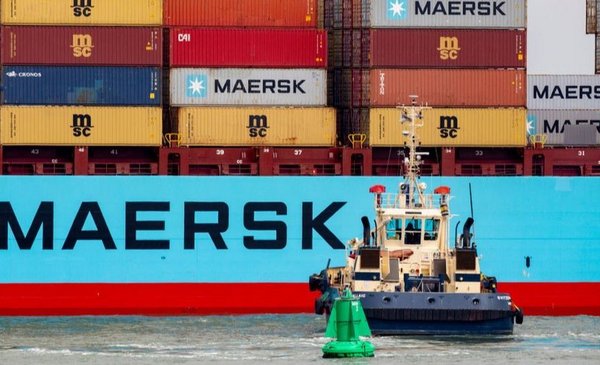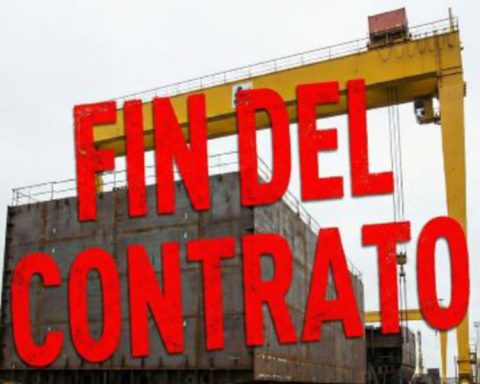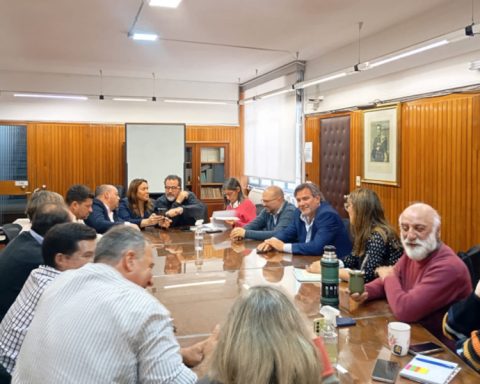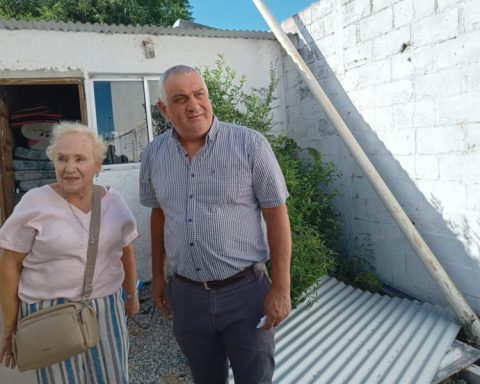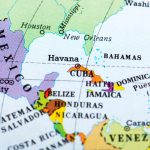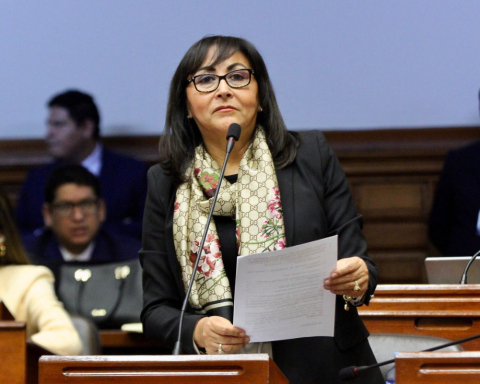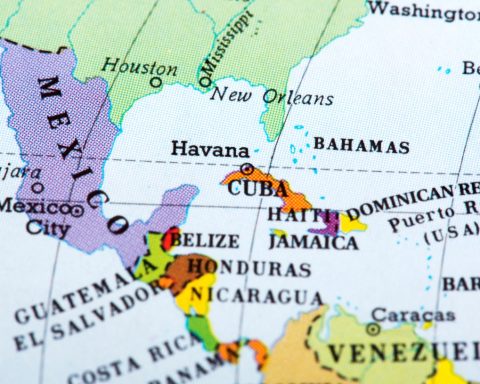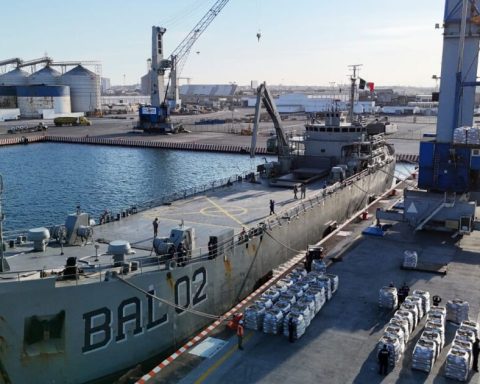The world trade will likely slow this year as Western economies enter recessionaccording to the CEO of the second world group of container transport AP Møller-Maersk.
Søren Skou, director of the Danish group, told the Financial Times that, after years of huge profits, the leader of the world trade expect the income, the demand and the transportation fees are reduced due to the drop in consumer confidence and of consumption.
“We see a coming recession…On the one hand, we have never had such a good result from a financial point of view, but all the indicators that we observe are in the red. Clearly we expect a decelerationwe expect lower profits in the future,” Skou said.
Maersk recorded its 16th consecutive quarter of year-over-year profit growth on Wednesday, beating analyst forecasts, with underlying operating profit up 60% to US$ 10.9 billion.
Skou claimed that the fees for the freight had begun to normalize and that the bottleneck on the supply chain -caused by an increase in demand after the first wave of the pandemic– were declining.
Maersk The US has ordered relatively few new ships during the boom of the last two years, but other lines have expanded capacity much more, raising fears that such ships will arrive as the industry faces a deceleration.
Shipping companies, most of them privately owned, unlike publicly traded Maersk, have traditionally gone through great boom-and-bust cycles.
Skou said that Maersk was prepared to stop using vessels in the event of a slowdown. “We are prepared for it,” he added.
Maersk now hopes that the dglobal container demand —an indicator of trade growth, as most cross-border cargo is transported by sea— contract between 2% and 4% this yearcompared to its previous estimate of growth of between 1% and -1%.
The Danish group is better insulated, in case there is a slowdown in its business of Marine transportfrom its logistics business, which now has annual revenues of $17 billion after a series of acquisitions. Skou stated that this business will be as big as that of Marine transport in the middle of the decade and Maersk is looking for new acquisitions.
Maersk and other highly profitable shipping groups face growing political pressure to pay more taxessince they are currently taxed based on tonnage and not profit, which makes the bills small.
Skou said he hoped any changes to taxation would be made globally and not nationally, to ensure a “level playing field” for all shipping companies.
The Chronicler-RIPE
